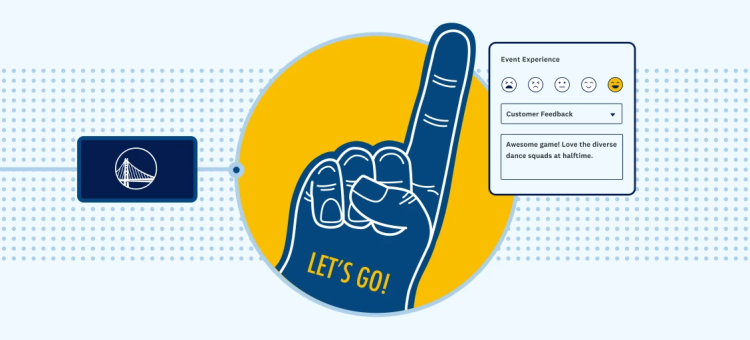If you’re reading this, you probably use SurveyMonkey to be better at your job—but you can also use your account to pursue your own self-discipline, increase mindfulness, or just have fun. Here are three non-intuitive ways that you can use surveys in everyday life.

1. To get more in shape, track your health. There are proven benefits to tracking your eating patterns, exercise, and sleep: A Kaiser Permanente study found that people who log their meals lose twice as much weight as people who don’t, and sleep expert Chris Winter advises that documenting sleep patterns can help you identify thyroid issues. According to new psychological research, it can also be really beneficial to track your mood. Whatever your goals are, your Fitbit probably isn’t telling you the whole story.
The tough part of health tracking isn’t deciding to do it—it’s sticking to it. The accountability part of writing down your snacks or naps every day is what leads many people to quit. You can tackle that by sending yourself an easy to complete (1-5 questions), recurring daily survey, which you can set up under the Collect Responses section of your survey. You’ll get a fresh web link emailed to you every day (or week, or month) for as long as you like.
Surveys are faster and more consistent than most other ways of tracking. Selecting “6 hours” from a drop-down list is less work than writing it down in a journal with a pen and paper, and an email in your inbox is tougher to ignore than an app you have to remember to open every day.
You can also get creative with our Analyze feature. Analyze can create clouds of commonly used words and phrases can help you identify trends in your answers. (Is “pizza” coming up just a little too prominently? Or “leg day” not often enough to leave an impression? Trends can be telling.)
You can also filter by question to see how your sleeping, eating, or moods change based on the different variables you’re tracking. For example, if you’re tracking sleep, filter by the days that you’re getting 8 hours or more to see what’s different about those days (Maybe they’re the days that you exercised, or meditated, or spent time with friends.)
2. To journal more, keep an online diary. Another thing you can track through surveys? Your life. Take that same concept of a recurring daily survey, but make this one a single question—a blank comment box where you can write about your day. It will ensure that you keep up your journaling habit, and you can use the same word cloud feature to see the words you used the most, or the people who appear the most often.
You could also consider keeping a gratitude journal—three or more short open-ended questions that you fill each day to remind yourself of things that you’re thankful for. Keeping a gratitude diary can help you boost your self-esteem, be more centered, increase optimism, and sleep better—a lot of potential payoff for only a few minutes of work.

3. To spend less, skip the bar and create your own trivia night: Bar-hosted trivia nights have become insanely popular in the years since they started as a niche activity in British pubs in the ‘70s. If you’re already a regular, why not create your own?
Structure your trivia night around a single survey, with different pages for each topic. You can either pull questions from the internet (Here’s a list to get you started.) or make up your own. You can even tailor your questions to your family or friend group by asking questions about shared experiences you’ve had or people that you all know.
Aim to have about 20-30 questions (roughly 5-10 questions per category) and give your guests about two minutes to think and talk about each one. Multiple choice questions work well for this, as do open-ended text boxes. If you choose to use multiple choice, you might want to randomize the response options so that you don’t accidentally bias your audience one way or another.
Options for sharing your trivia survey
When you’re ready to share your trivia survey, you can either email it to your attendees, create a web link that you can send via text, or even create a QR code. (A QR code is a picture similar to a barcode that you can print so that iPhone users can scan it and automatically open the survey by taking a photo.) Or, just project the survey onto your TV using Apple TV or Chromecast, and let your guests write out their answers.
At the end of the day, the only limit to what you can accomplish with surveys is what you can imagine doing. The more creative you get, the more new possibilities become available to you.
Want more ways to use surveys in everyday life? Learn how to use surveys to plan a group trip, pick a spot for dinner, crowdsource your friends’ opinions, and learn what people think of you.
Ready to build your own?
SurveyMonkey's versatile platform gives you the tools you need to ask the questions you're curious about.



